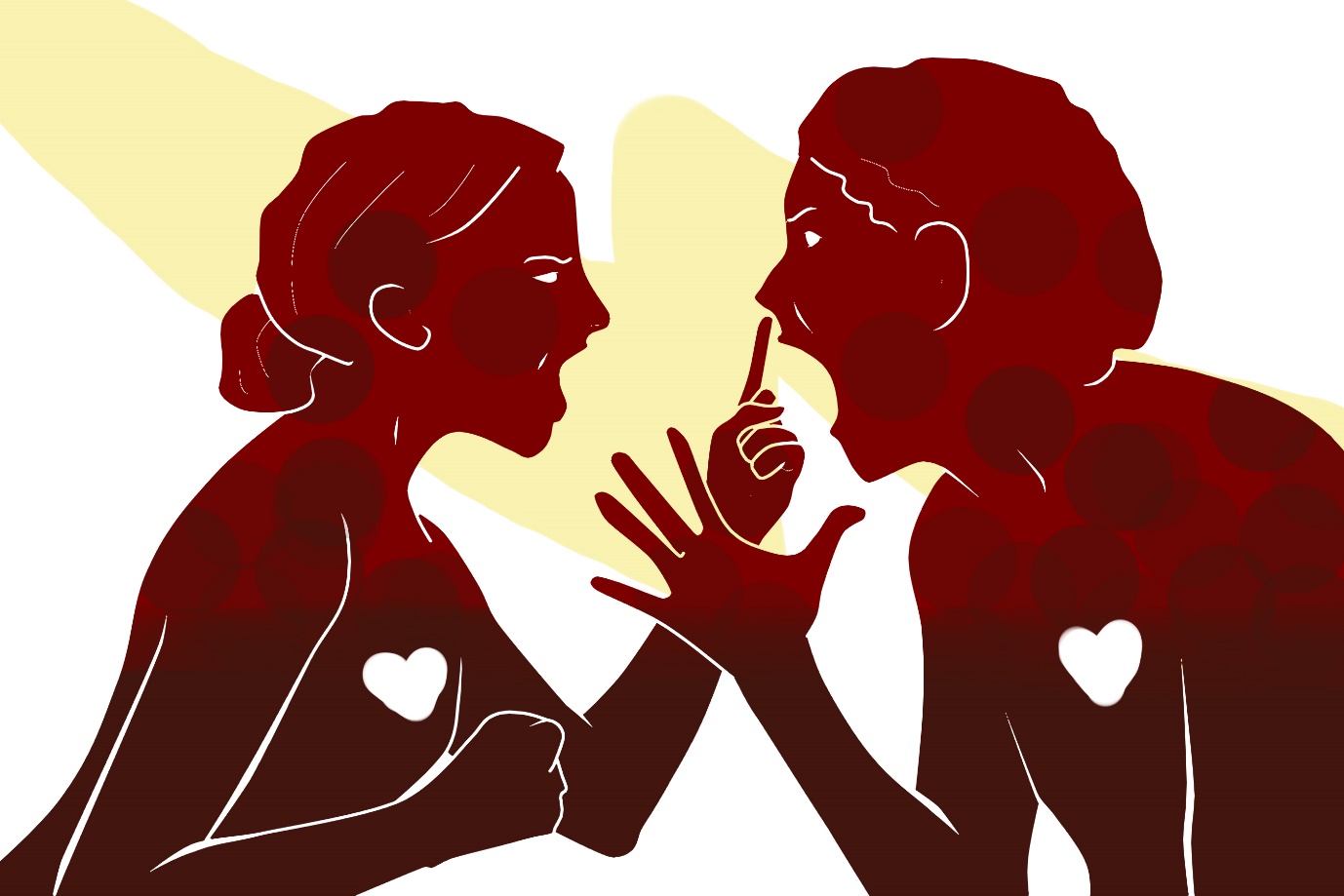Relationship Problems
Relationships are an important part of our lives. Healthy relationships bring happiness and support, but that doesn’t mean they’re easy. Whether you’re having problems in your relationship or you’d like to understand each other better, talking to a relationship counsellor can really make a difference.
Healthy relationships whether romantic or platonic can bring us a great deal of happiness and fulfilment. Strong connections with our loved ones, friends and even our work colleagues, allow us to be at our healthiest and most productive. For many, these relationships offer an important source of advice, guidance, love and support.
However, satisfying and supportive relationships don’t come automatically. They require good social skills and a great deal of work, time and energy to stay strong and go the distance. Sometimes our most meaningful relationships can break down, and this can be due to a number of reasons. But the loss of this connection can be difficult, you may feel lonely or disappointed. In some cases, our relationships may not be meeting our expectations which can impact our happiness and life satisfaction. For others, they may crave companionship yet find them very difficult to come by. Whatever the relationship issue, there is help available.
Counselling is an option whether as a couple or an individual you can talk about your concerns and your needs, and explore what you want from your relationships. In fact, many relationships can be improved by counselling, even if there’s not a clear problem. But by speaking to a professional, you can learn more about yourself and your partner or friend. You can gain a better understanding of each other’s needs, while also receiving the support and guidance needed to enhance the relationship.
Why do we need good, healthy relationships?
As humans, we are naturally very sociable. We enjoy the company of others and crave positive interactions and meaningful friendships. To some extent, good relationships are just as important for our survival as food and water, which can explain why when our relationships suffer, our health and happiness is also affected.
In the workplace, having good relationships with colleagues and others in the professional circle boosts productivity and is valuable for career development. Being on good terms with your boss is not only great for productivity, it means you’re more likely to be considered if new opportunities arise. There’s also the sense of freedom to having good relationships – rather than spending time and energy overcoming the obstacles that come with relationship issues, you are able to focus on your work and enjoy the time you spend there.
Poor relationships, both in and out of work, can affect stress levels and impact your stress at work and how you can help yourself.

What defines a good relationship?
“Every relationship is different but there are main factors that contribute to strong relationships,” explains counsellor Alina Apopei. “Each relationship is built around trust because this enables us to communicate effectively and form strong bonds. A good relationship comes with a level of mindfulness that makes you aware of what you say and do and that helps to support a strong relationship.”
Of course, all relationships are unique, and that’s part of the beauty of them. But there are several characteristics that generally mean you have a strong, healthy connection with someone. These may include:
Trust – Relationships are built on trust, which is essential for good communication and forming strong bonds with people. Without trust, relationships are unlikely to survive.
Mindfulness – If you’re mindful of what you do and say, and of the other person’s needs, you’re more likely to maintain strong relationships. Issues can arise if you let your negative emotions affect others, or if you aren’t thinking of them. Remember, it’s a two-way street.
Mutual respect – As mentioned above, strong and supportive relationships rely heavily on mutual respect. You need a mutual understanding of each others’ needs and values, and to consider these regularly.
Good communication – Your relationships will be richer if you make an effort to keep in contact with those around you. Being honest and open with others also allows for you to connect deeply and build long-lasting bonds.
“Respect plays a huge role in a healthy relationship because it means that there is an understanding between each other regarding values and specific needs. Finally, good communication helps people to form a bond and so, being honest and open helps to enhance the connection, which leads to relationships that stand the test of time” says Alina.
Counsellors will work with clients to understand why things have gone wrong and how problems can be overcome. They will consider the above factors, as well as others, to identify what the issue may be and how, if possible, relationships can be rebuilt.
Types of relationship problems
Relationship issues vary considerably, depending on the nature of the relationship and the circumstances that have led to problems. The counsellor will work with both individuals and couples, and while we are all different, there are common issues that occur during relationships and are common in relationship counselling.
Common types of relationship issues include:
Affairs and betrayals
Betraying your spouse or a close friend can cause a great deal of damage to your relationship, as it destroys that oh-so-valuable sense of trust. Whether it’s an affair, financial secret or a hidden addiction, betrayal can be heartbreaking and in some cases, can lead to the end of the relationship. However, a great number of people will want to work through a betrayal in order to overcome the pain, rebuild the trust and continue the relationship.

Separation and divorce
Sometimes couples will decide to separate or divorce without considering the practicalities, or if the relationship could be saved. Counselling provides an opportunity for a breakup to be explored before a final decision is made. While not all relationships can continue, helping couples to get closure and move forward in a way that is healthy for their needs can really benefit them in the future.
Pre-nuptial issues
Some couples seek extra support and advice on how to prepare themselves should the relationship break down or encounter difficulties in the future. Relationships are naturally full of ups and downs (we may naturally crave companionship, but we’re also very opinionated creatures). Counselling can help pre-nuptial couples to be aware of any potential stressors that may occur during different stages of their relationship, such as the birth of a child, and learn how to cope, overcome any issues and flourish.
Family issues
Our relationships with family members form an integral part of our lives, and when these become strained, they can cause a lot of pain and disappointment. In some cases, it may be one family member that is causing a rift, or it could be a previous disagreement or a number of issues that have built up over time and never been properly dealt with. Counselling provides a safe and supportive environment where family members can communicate openly, listen to each other and work through any disagreements.
Cross-cultural relationships
Relationships involve two people coming together from different backgrounds to build a new family unit. While for many, this process is relatively straightforward and seem very natural, for others, their differences can be too prominent to come to a compromise. Counselling helps couples to better understand each other’s beliefs and values, to learn how to work with their differences and compromise, building a stronger, healthier bond.
Counselling
“Counselling gives us space to be the truest version of ourselves, offering us the opportunity to look at what we, as individuals, really want from our relationships,” writes counsellor Linda Helena Boutet in her article, Relationships and our sense of self.
“It offers us the opportunity to explore our past and current experiences of being close to others, and what this really means for us, whilst working to strengthen our own sense of self, so that we no longer feel bewildered by the relationships we choose and patterns of behaviour we adopt throughout our lives. Counselling can lead us to a greater sense of ourselves in the world we live in, and a deeper understanding of our relationships.”
Relationship issues can be attended to as an individual, or in the form of couples counselling, in a way that is designed to help two people. It really depends on you, and what it is you want to gain from counselling.
Sometimes, a relationship can leave you feeling crowded and like you’ve lost your sense of self you may benefit from individual sessions, to have the opportunity to talk in a safe space, free from judgement. Other times, you may both benefit from talking in a zone that is out of your usual lives somewhere private, safe and completely neutral. It may not always be an issue in the relationship, but if one of you is struggling, it could be negatively impacting your partner and in turn, your relationship.
Trust, respect and communication are three key factors that lead to a successful, happy relationship. When something happens that changes or impacts one of these factors, the relationship can start to break down. Sometimes relationships aren’t meant to be and you separate, and that’s OK. If you want to work through it and rebuild your bond, that’s OK too.
Counselling can help you work through a breakup or separation, help you rebuild a relationship and help you better understand yourself.